So what happens after all this reading and thinking about Gaia? If we take seriously the insight that the Earth works as a grand organic whole and that we form an inseparable part of Gaia, what happens next? Is the world different after making this conceptual leap?
There is a sense in which we could be talking from the same standpoint having just broadened the horizon. A great big cybernetic network of interrelated and complex wholes could be cast as just another way of viewing our external reality while we essentially remain the same.
There might be another crossroads to pass and it might be even more difficult to face because it is asking us to take a step into unknown territory and question our notion of reality. If you have followed me down this road you might want to peep at Clive Hamilton’s critique of Gaia in his lecture on The Rebirth of Nature and the Climate Crisis.
I leave you with his conclusion:
“A new consciousness cannot be built solely on a better scientific understanding of the world; it must be rooted in a different ontology, a different conception of reality, one that allows for participatory knowledge as well as scientific knowledge, one that allows for the mystery of being as well as the certainty of its manifestations. Such an understanding of the world requires a transformation of our attitudes, our values and our institutions; but above all it requires an expansion of our selves.”
You can find the lecture here.
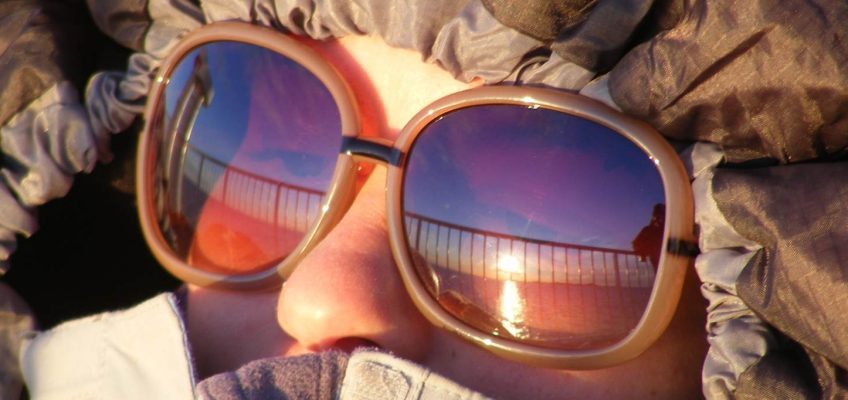
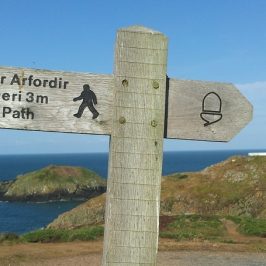
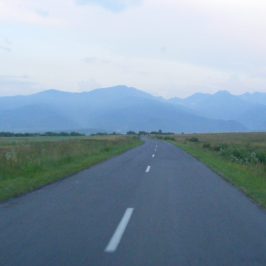
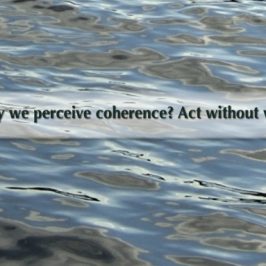
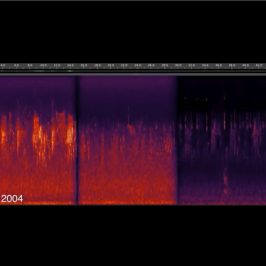
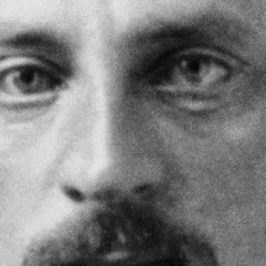

Leave a Reply